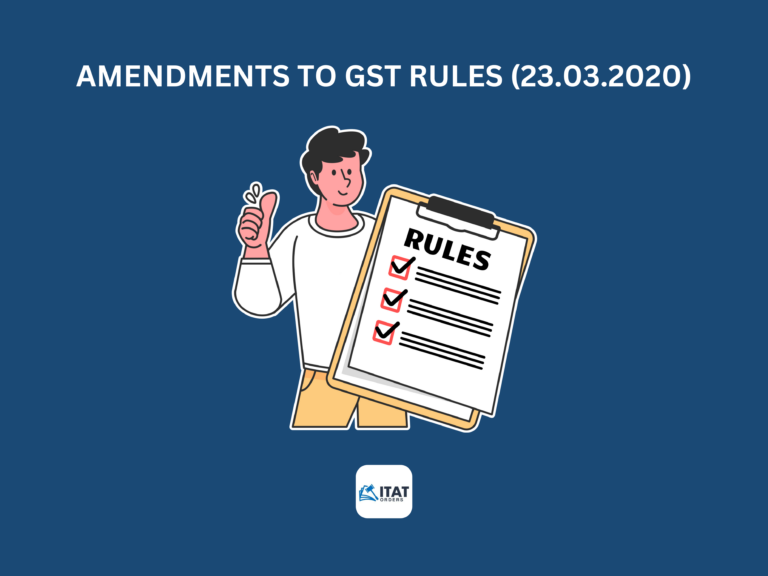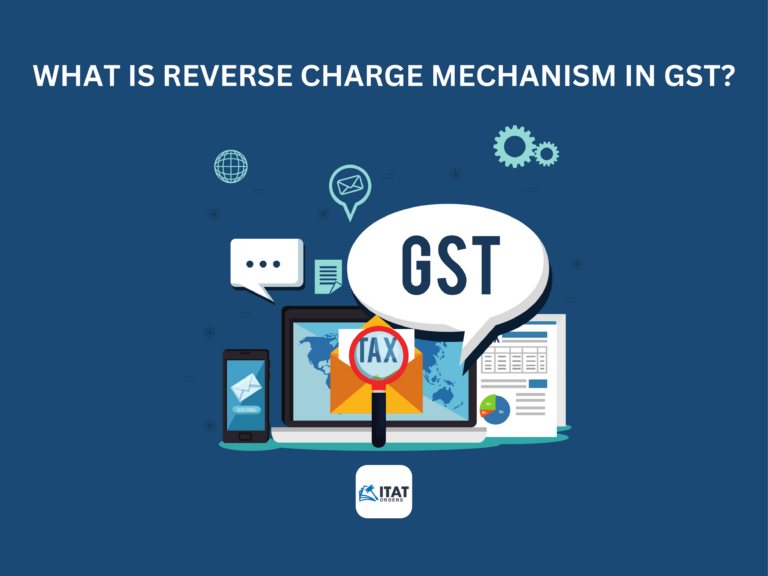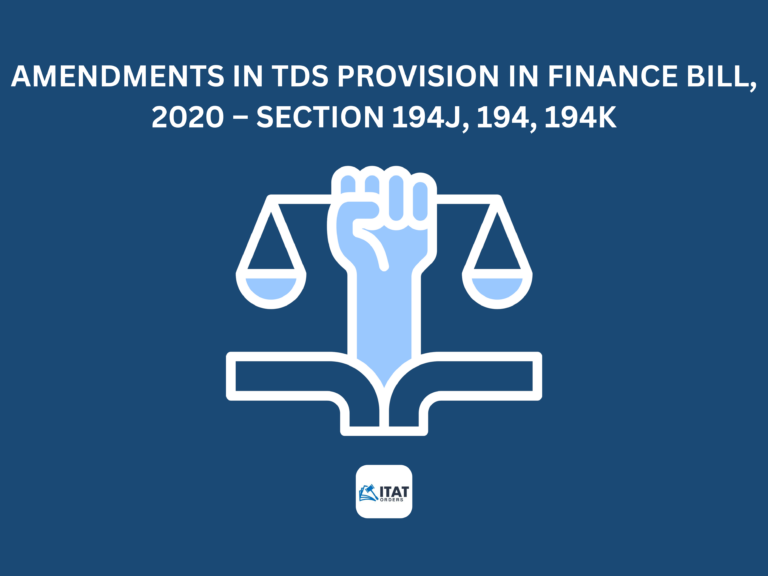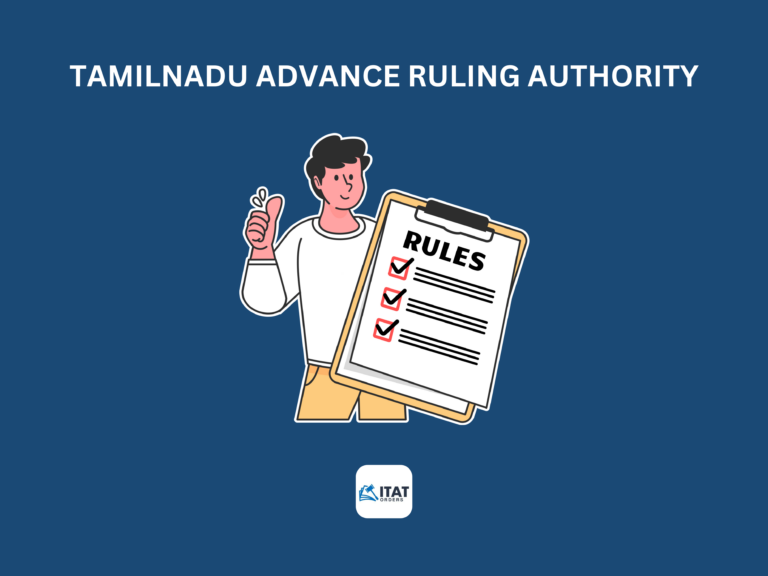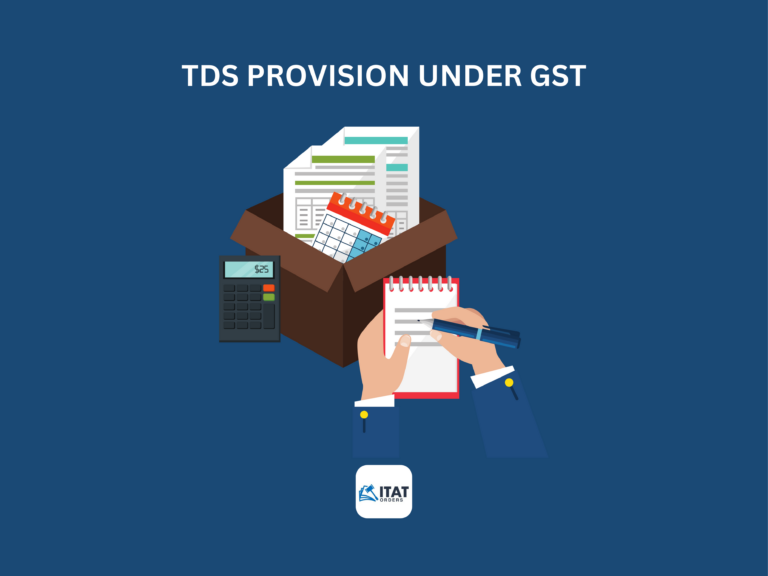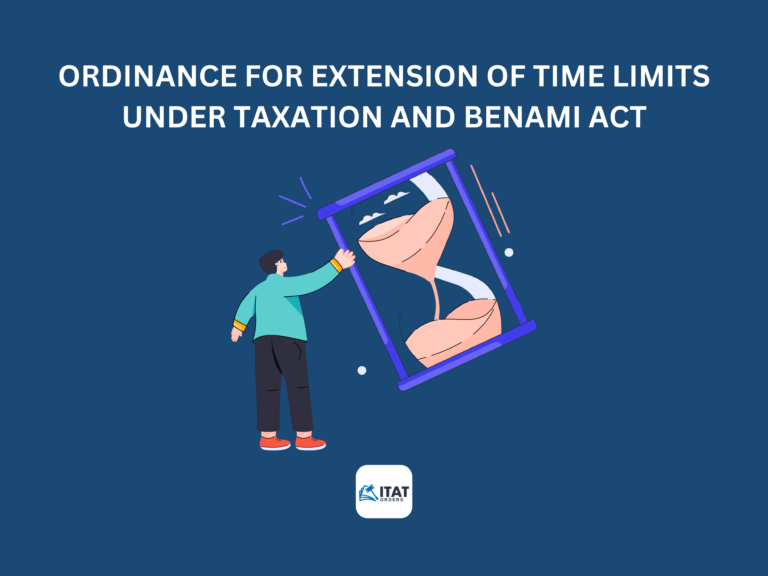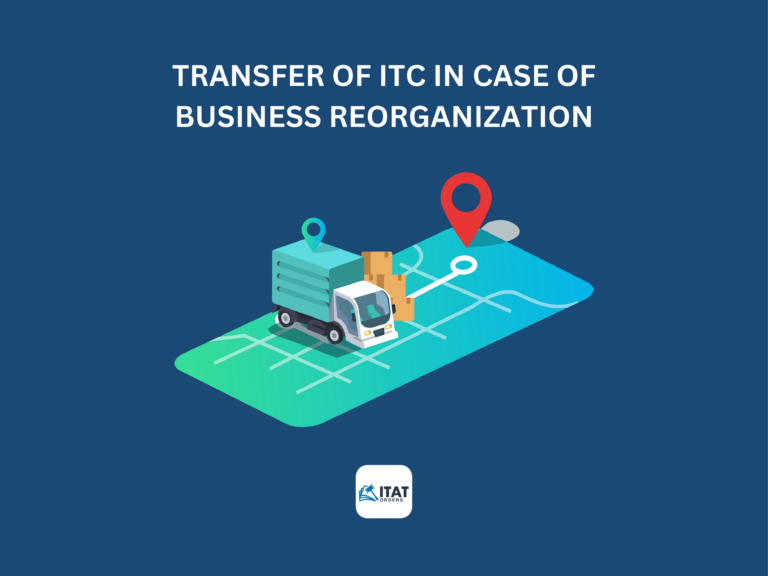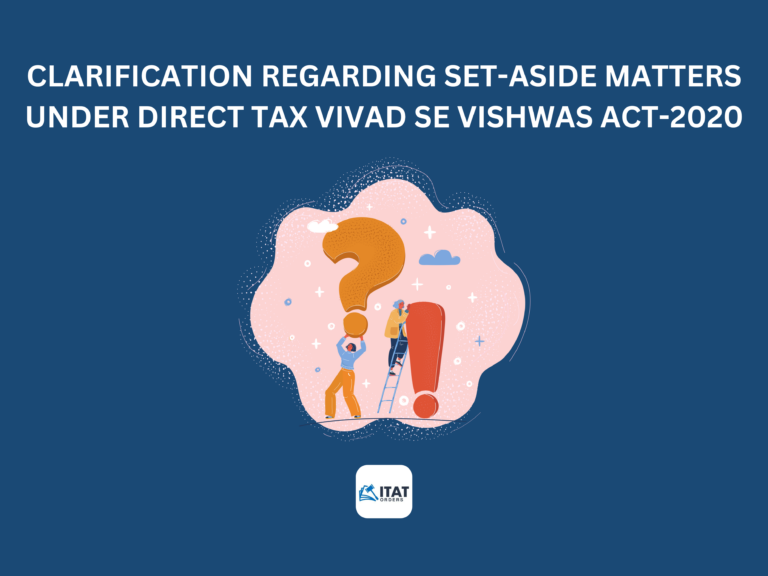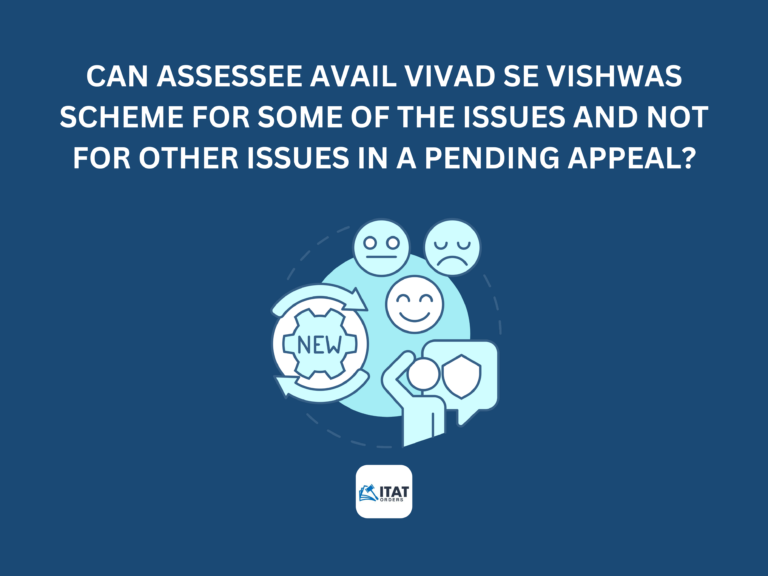Summary of Important Amendments to GST Rules as per the notifications issued on 23.03.2020:-
GST Registration:-
As per Notification No. 16/2020- dated 23.03.2020:-
Authentication of Aadhaar number for grant of registration
- As per Rule 8 (4A) of CGST Rules, 2017 -The applicant shall, while submitting an application for registration under Rule 8(4) with effect from 01.04.2020 undergo authentication of Aadhaar number for grant of registration.
- As per Rule 9, effective from 01.04.2020 in case the applicant fails to provide Aadhaar number at the time of application for registration within 60 days from the date of application, registration shall be granted only after physical verification of principal place of business.
Input Tax credit on Capital Goods:-
Rule 43 (1) of CGST and SGST Rules, 2017
(a)Amount of ITC in respect of Capital Goods used or intended to be used exclusively for non-business purpose or exclusively for effecting exempt supplies shall not be credited to electronic credit ledger.
(b) Amount of ITC in respect of Capital Goods used or intended to be used exclusively for taxable supply including Zero rated supply shall be credited to electronic credit ledger.
(c)This clause has been substituted as follow:- The amount of input tax in respect of capital goods not covered under clauses (a) and (b), denoted as ‘A’ being the amount of tax as reflected on the invoice, shall credit directly to the electronic credit ledger and the validity of the useful life of such goods shall extend up to 5 years from the date of the invoice for such goods:
Provided that where any capital goods earlier covered under clause (a) is subsequently covered under this clause, input tax in respect of such capital goods denoted as ‘A’ shall be credited to the electronic credit ledger subject to the condition that the ineligible credit attributable to the period during which such capital goods were covered by clause (a),denoted as ‘Tie’, shall be calculated at the rate of 5% points for every quarter or part thereof and added to the output tax liability of the tax period in which such credit is claimed:
(d) This clause shall be substituted namely “The aggregate of the amounts of “A” credited to the electronic credit ledger under clause (c) in respect of common capital goods whose useful life remains during the tax period, to be denoted as “Tc”, shall be the common credit in respect of such capital goods:
Provided that where any capital goods earlier covered under clause (b) are subsequently covered under clause (c), the input tax credit claimed in respect of such capital good(s) shall be added to arrive at the aggregate value “Tc”.
(e) The amount of ITC attributable to a tax period on common capital goods during the residual life , be denoted as Tm and calculated as Tm=Tc/60, In clause (e), the following Explanation shall be inserted:-
Explanation.- For the removal of doubt, it is clarified that useful life of any capital goods shall be considered as five years from the date of invoice and the said formula shall be applicable during the useful life of the said capital goods.
Threshold limit for GST Audit for F.Y. 2018-19.
Rule 80(3) of CGST Rules, 2017- Provided that every registered person whose aggregate turnover during the financial year 2018-2019 exceeds Rs.5 crore shall get his accounts audited as specified u/s-35(5) and he shall furnish a copy of audited annual accounts and a reconciliation statement, duly certified, in FORM GSTR-9C for the financial year 2018-2019, electronically through the common portal either directly or through a Facilitation Centre notified by the Commissioner.
- Electronic Cash ledger:
- Rule-86(4A) of CGST Rules, 2017 where a tax payer has claimed refund of any amount as “tax wrongly paid or paid in excess” for which debit has been made from the electronic credit ledger and if such refund is proper and admissible then instead of giving refund in cash, such amount shall be re-credited in the electronic credit ledger by the proper officer by an order made in FORM GST PMT-03.
Valuation of Goods Exported under LUT option:-
- In case of zero rated supply of goods or services or both without payment of tax under Bond/LUT in accordance with the provision of S. 16(3) of IGST Act, refund of ITC shall be granted as per the formula specified in Rule 89(4) of CGST Rules, 2017.
- Refund Amount =(Turnover of Zero rated supply of goods and services) *Net ITC/ Adjusted Total turnover.
For the above purpose, Turnover of Zero rated supply of Goods has been substituted as “The value of zero-rated supply of goods made during the relevant period without payment of tax under bond or LUT or the value which is 1.5 times the value of like goods domestically supplied by the same or, similarly placed supplier, as declared by the supplier, whichever is less, other than the turnover of supplies in respect of which refund is claimed under sub-rules (4A) or (4B) or both;” [ clause C of Rule 89(4) substituted].
Refund of IGST paid on goods and services Exported outside India:-
- In Rule 96, in sub-rule (10), clause (b) with effect from the 23rd October, 2017, the following Explanation shall be inserted:
- Explanation. – For the purpose of this sub-rule, the benefit of the notifications mentioned therein shall not be considered to have been availed only where the registered person has paid IGST, Service tax and compensation Cess on inputs and has availed exemption of only Basic Customs Duty (BCD) under the said notifications.
- Rule 96B of CGST Rules, 2017 in case of refund of unutilized ITC on account of export of goods under LUT option or of IGST paid on export of goods, if sale proceeds in respect of such exports have not been realized within the prescribed time limit allowed under Foreign Exchange Management Act, 1999 (FEMA) then – the person to whom the refund has been made shall deposit the amount so refunded, to the extent of non-realization of sale proceeds, along with applicable interest within 30 days of the expiry of the said period.
